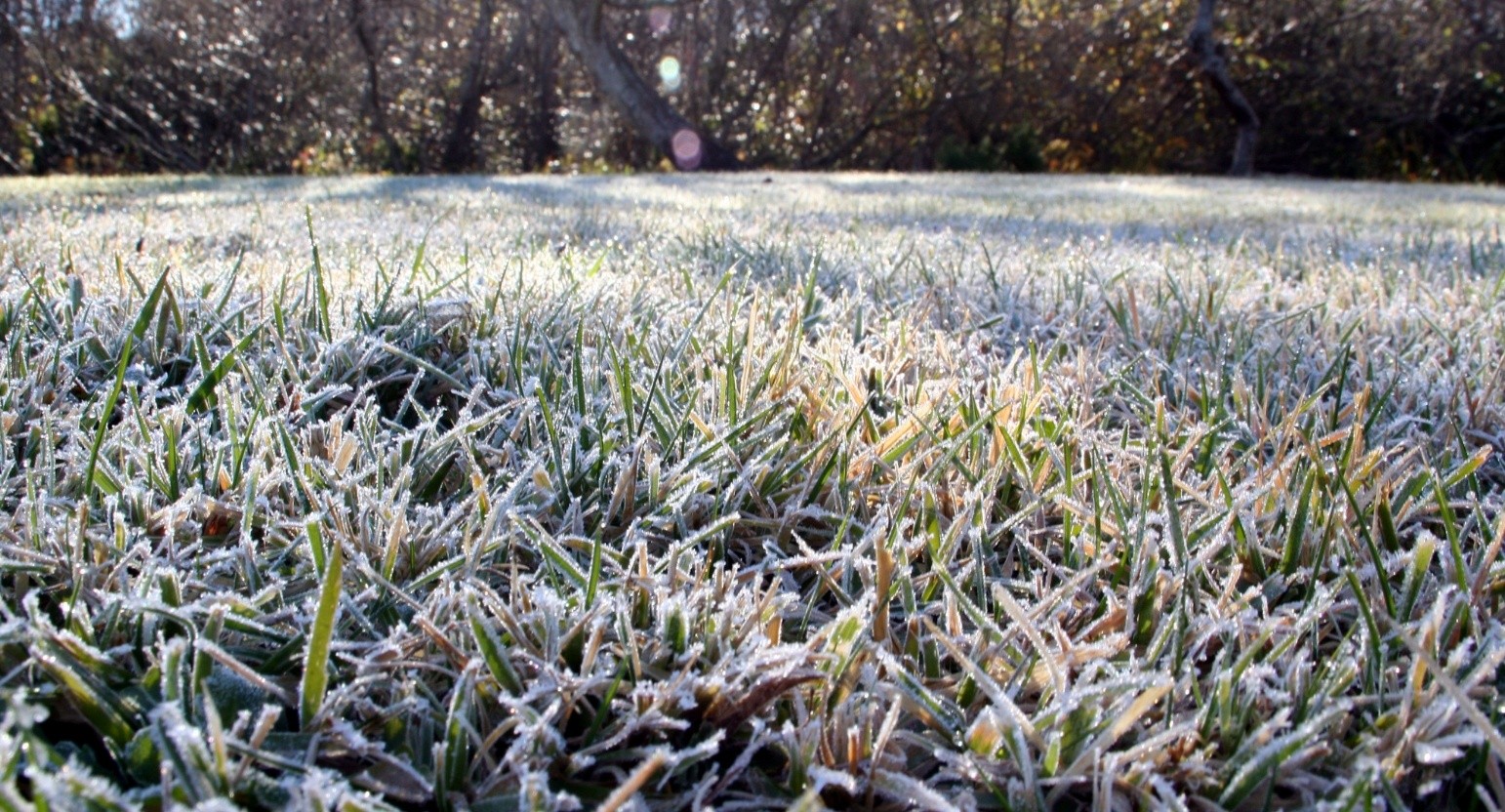Will frost affect a forklift?
Winter is here! Unlike a lot of other industries, machine hire and purchase doesn’t have much of a seasonal spike and lull – pretty consistently, you guys need a machine to improve the efficiency and productivity of worksites. That means that our machines need to be able to withstand almost every environmental factor: from heat to super cold temperatures and everything in between. They have a lot of grit, and are built to be tough, but that doesn’t make them completely impervious to all the elements. With the cold months upon us, it’s good to know how frost can affect your forklift, and what to do about it when it happens.
So, can a frost affect a forklift?
Sure can. Frost can affect your forklift in the short term, though easily fixable. Or, if not taken care of, can create some pretty big issues. Some of the ways frost can affect a forklift are:
-
Decreased Traction
Frost on the ground can reduce the traction of a forklift's tyres, making it harder to start, stop, and maneuver. This can be especially dangerous when lifting heavy loads or operating on slopes or inclines. Slipping down or accelerating without intention is an accident (potentially a fatal one) waiting to happen, and goes against every safety regulation on any worksite. Worksites are also prone to oil spills and other hazards that require good tyre traction to help combat, frost can make this even more difficult. To avoid this happening, hose down the tyres to break off any frost and always check that your tyres aren’t balding.
-
Battery Performance
Cold temperatures can affect the performance of a forklift's battery, reducing its capacity and potentially shortening its lifespan. If the forklift is left outside in very cold temperatures, the battery can even freeze, causing permanent damage. The best way to stop a battery from freezing is to keep it warm. Nah, not with a warm hug guys (wouldn’t suggest it…), but with preventing it from a lot of exposure to super cold elements. If you’re using it in frosty weather, the battery is being kept warm with use. When not in use, try to keep it indoors, or in a covered dry area if it has to be outdoors. It’s also important to keep battery terminals and cables clean, and store them in a seal-tight container in storage.
-
Hydraulic Fluid
The cold temperatures can also cause the hydraulic fluid in the forklift to thicken, making it harder for the hydraulic system to operate smoothly. This can lead to reduced lifting capacity, slower operation, and increased wear and tear on the hydraulic system. You can add antifreeze to your fluid to stop it from thickening or, again, protect the forklift from frost exposure as much as possible.
This may include parking the forklift in a heated indoor area when not in use, covering the forklift with a tarp or other protective covering, and using tyre chains or other traction aids to improve tire grip on icy or frosty surfaces. Additionally, it may be necessary to use specialised fluids or battery heaters to ensure the forklift operates smoothly in cold temperatures.





